Foods that Improve Memory and Brain Function
Dark chocolate, nuts, fatty fish, turmeric, etc. are foods that improve memory and brain function. They contain nutrients and healthy fats. Read this article to learn more!


The brain is the controlling house of the body. It performs several vital functions and is even active when we are asleep.
The brain consumes around 20% of the body’s energy, so it requires a healthy diet and good nutrition for optimal performance.
Certain foods rich in omega-3 fatty acids and antioxidants can help slow brain aging.
The following foods can be added to the diet for better brain health and memory.
1. Turmeric
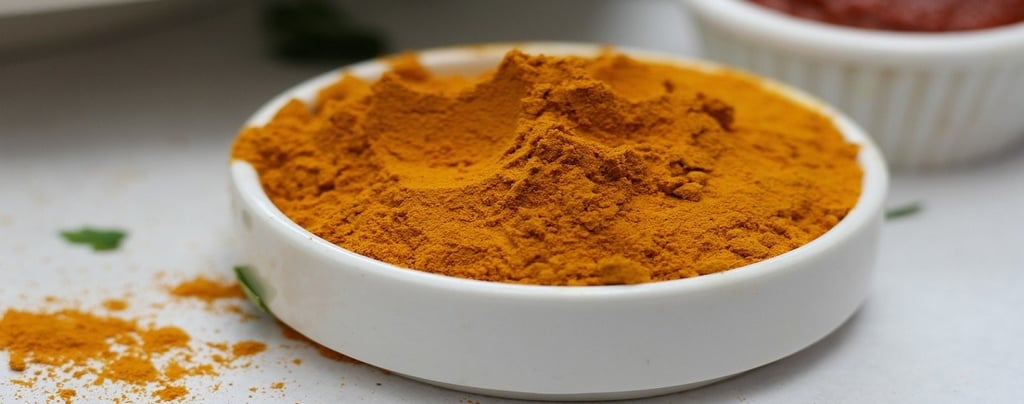

Turmeric contains a chemical called Curcumin, which acts as an antioxidant and has anti-inflammatory properties.
Curcumin has been shown to improve memory and potentially prevent Alzheimer’s disease.
It promotes the production of serotonin and dopamine, which can improve mood and reduce the symptoms of anxiety and depression.
Turmeric is one of the main ingredients in curry powder. You can also consume turmeric with milk, tea, and smoothies.
2. Blueberries
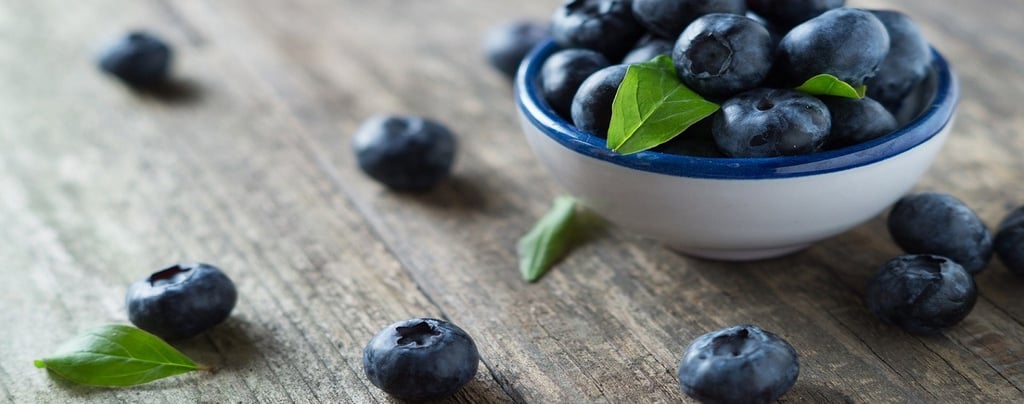

Blueberries contain anthocyanin, a flavonoid that gives blueberries its deep and dark color.
Anthocyanin has anti-inflammatory properties, it acts as an antioxidant that neutralizes free radicals and delays brain aging.
Antioxidants in Blueberries also improve memory and communication between the brain cells.
You can consume Blueberries raw, as a topping, in smoothies and salads.
3. Coffee


Caffeine in coffee can help increase alertness by restricting adenosine, a chemical that makes you fall asleep.
Caffeine may boost dopamine (a feel-good neurotransmitter).
It can also help to improve concentration and alertness.
The presence of high amounts of antioxidants in Coffee can reduce the risk of neurological diseases like Alzheimer’s and Parkinson’s.
Avoid consuming too much sugar with coffee it may be harmful. Drinking Coffee before bedtime can affect your sleep quality.
4. Fatty Fish


The Brain is the fattest organ in the body and contains around 60% fat; the major portion of that fat consists of omega-3 fatty acids.
Fatty fish like salmon, trout, tuna, and sardines are a rich source of omega-3 fatty acids.
Omega-3s help brain function, build nerve cells, and improve learning and memory. Lack of omega-3s can cause mental issues like depression.
Nerve cells that regulate decision-making, memory, and emotions are present in the gray matter in the brain. Consuming fatty fish regularly can increase this gray matter.
So, Fatty fish should be added to the diet for healthy memory and concentration.
5. Walnuts
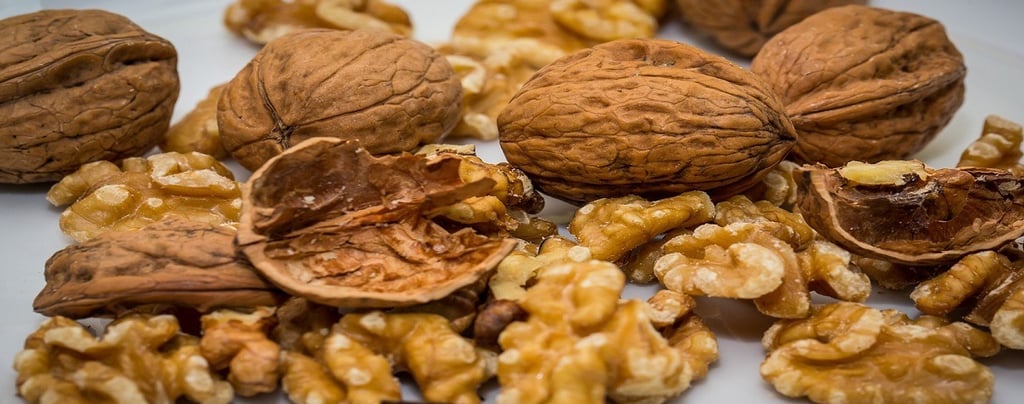

Walnuts are an excellent source of protein, antioxidants, healthy fats, and Vitamin E. They may be beneficial for brain function and memory.
Regular consumption of walnuts may improve the brain's cognitive function and reduce cognitive decline in older adults.
Walnuts are a rich source of ALA (alpha-linolenic acid), a type of anti-inflammatory omega-3 fatty acid that can help to lower blood pressure and clean arteries, which is beneficial for the heart and brain.
You can consume walnuts as a healthy snack and add them to shakes and smoothies.
6. Dark Chocolate


Dark Chocolate has more than 70% cocoa content. It is rich in antioxidants and caffeine.
It contains flavonoids, a plant compound that acts as an antioxidant. Flavonoids can improve memory and prevent mental diseases due to aging.
Dark chocolate also acts as a mood enhancer and helps control negative emotions.
Avoid consuming Dark Chocolates that have added sugar or artificial sweeteners.
7. Pumpkin Seeds
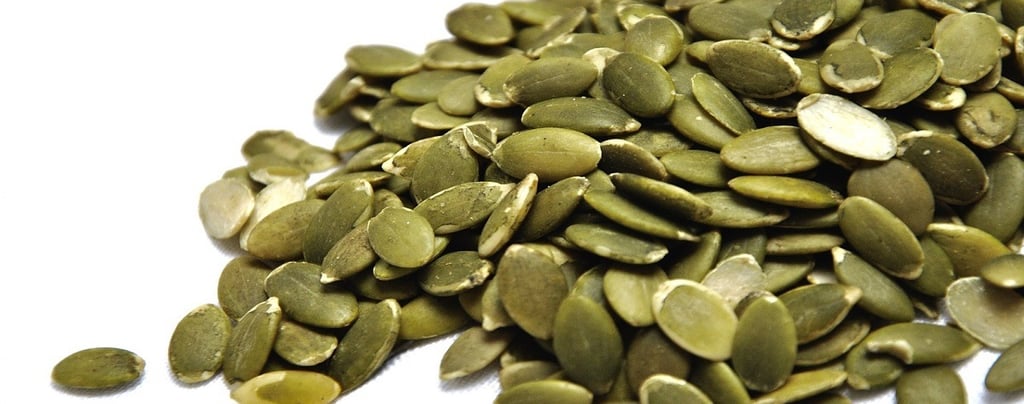

Pumpkin seeds are rich in antioxidants that neutralize free radicals and protect the brain from damage.
It contains several nutrients like zinc, magnesium, copper, and iron that can help prevent anxiety, depression, Alzheimer’s, and Parkinson’s disease.
You can use pumpkin seeds as a topping or add them to your shakes and smoothies.
8. Broccoli
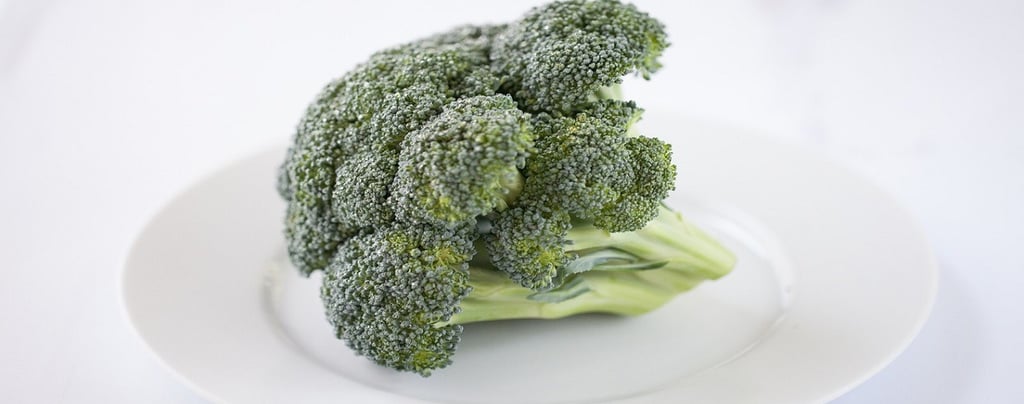

Broccoli is an excellent source of antioxidants and Vitamin K. It has several brain health benefits.
Regular intake of Vitamin K improves memory and cognitive function.
It also has Vitamin C and flavonoids that are beneficial for brain function.
Broccoli contains a compound called glucosinolates, which the body breaks glucosinolates into isothiocyanates, which reduce the risk of mental diseases and can prevent oxidative stress.
You can consume steamed, roasted, and grilled broccoli or add it to your stews and soups.
9. Green Tea


Green Tea contains many nutrients that may improve brain health.
Caffeine in Green Tea can help improve brain function, memory, and concentration.
Green Tea contains L- theanine, a water-soluble amino acid that can reduce stress and make you feel relaxed.
Polyphenols and antioxidants present in green tea can protect the brain from neurological diseases.
Green tea has several health benefits over regular tea. However, drinking green tea on an empty stomach may cause an upset stomach.
10. Eggs


Eggs are a rich source of Vitamin B6, Vitamin B12, and folate, which reduces the risk of cognitive decline. Deficiency of B12 and folate may cause depression.
Eggs are an excellent source of choline, a micronutrient that our body uses to produce a neurotransmitter called acetylcholine that controls moods and memory.
Tryptophan is an amino acid in eggs that helps the body to produce serotonin, often called happy hormone.
Eggs can help lower the levels of homocysteine, an amino acid that can cause dementia and Alzheimer’s disease.
11. Oranges
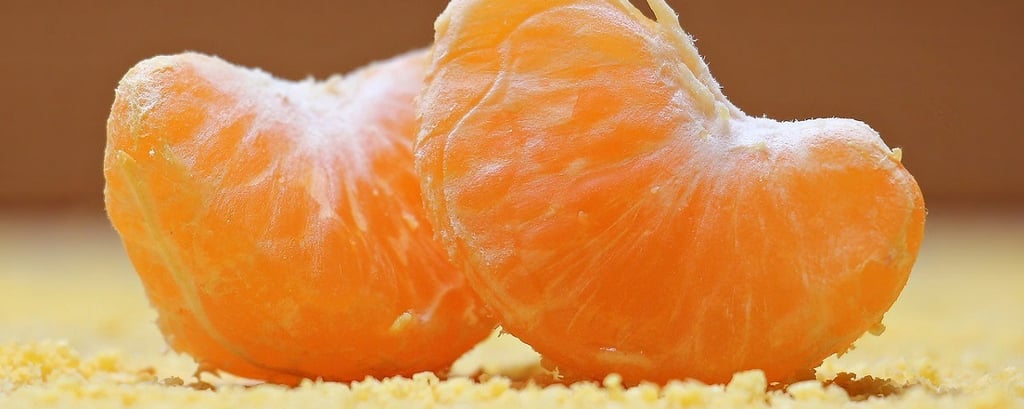

Oranges are a rich source of Vitamin C, which can help prevent mental diseases.
A single medium orange can fulfill your daily Vitamin C requirement.
Vitamin C helps improve concentration and memory, lack of Vitamin C may cause dementia.
Vitamin C is an antioxidant that neutralizes free radicals and protects brain cells from damage.
It helps in neurotransmission and protects against anxiety and Alzheimer’s disease.
Vitamin C is also helpful in age-related mental health issues.
12. Green Leafy Vegetables


Vegetables like spinach and kale are rich in Vitamin E, Vitamin K, folate, and beta-carotene.
Vitamin E is a fat-soluble antioxidant that neutralizes free radicals and protects the brain cells from damage.
Higher levels of Vitamin K improve memory and lower the risk of dementia. A lack of Vitamin K can lead to depression.
Beta carotene is an effective antioxidant that can improve cognitive function; it can also relieve depression and anxiety.
13. Beans
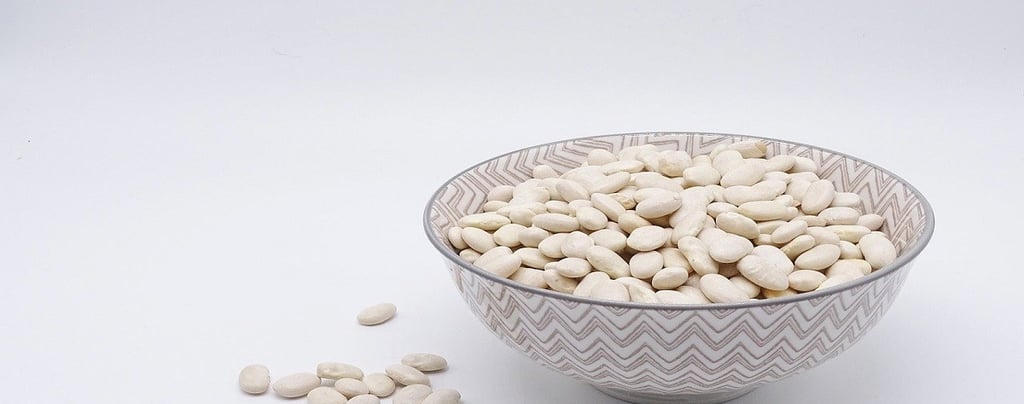

Beans are a good source of vitamin B, fiber, minerals, and omega-3 fatty acids.
Fiber in beans makes a slower release of sugar that helps memory and concentration.
Vitamin B helps the formation of a neurotransmitter called acetylcholine which is important for memory function.
Omega-3 fatty acids present in beans are helpful in brain function and reduce the risk of depression and anxiety.
14. Lean Red Meat


Lean red meats are a rich source of iron. It helps the formation of neurotransmitters and improves concentration and attention.
Consuming lean red meat may improve cognitive function and benefit memory.
Center loin and Ham are examples of lean red meat.
15. Avocados
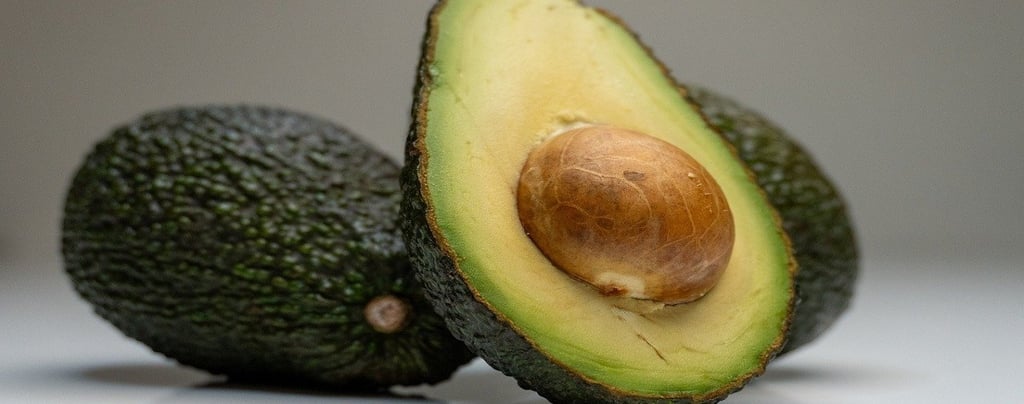

Avocados are a rich source of Vitamin E and omega-3 fatty acids.
Vitamin E helps protect the brain cells from free radicals, and omega-3 is necessary for brain function and development.
High Omega-3 levels can delay cognitive decline and lower the risk of dementia.
You can consume avocados in salads, salsa, soups, and as a spread.
16. Tomatoes


Tomatoes contain an antioxidant called lycopene, which protects the brain against mental disorders.
Lycopene may improve cognitive function and delay cognitive decline in older people.
Antioxidants in tomatoes help neutralize free radicals and protect the brain cells from damage.
17. Whole Grains
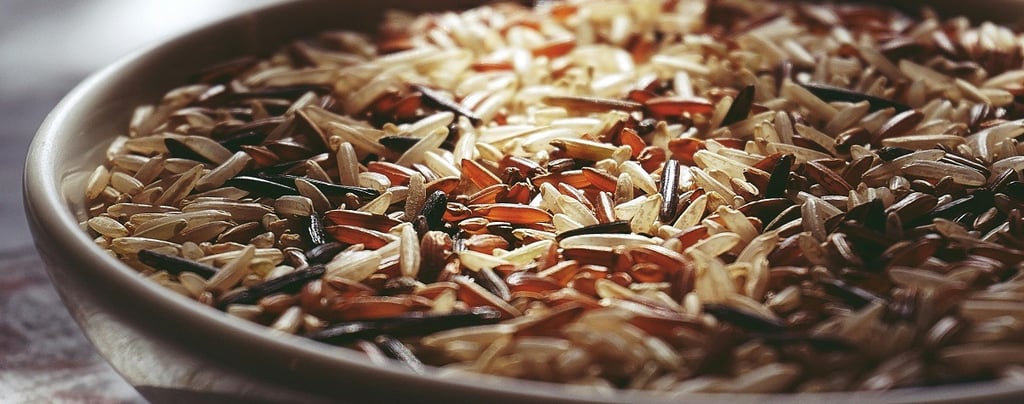

Whole grains are a source of complex carbohydrates that provide steady energy to the brain which improves mood. It also benefits learning and memory.
Whole grains contain Vitamin B which can lower inflammation in the brain.
Folate or Vitamin B9 present in whole grains can improve cognitive function.
Whole grains also contain omega-3 fatty acids that are beneficial for memory and delay cognitive decline.
18. Red Wine


Polyphenols present in red wine can lower plaque toxicity in the body. This can delay cognitive decline.
Consuming a moderate amount of red wine can protect against Alzheimer’s disease.
Red wine reduces the risk of dementia.
Resveratrol is a polyphenol present in red wine that can increase serotonin (happy hormone) levels which lowers the risk of depression.
19. Soy Products


Soy Products like tofu and soy milk are a good source of polyphenols (antioxidants).
Polyphenols can improve cognitive function and lower the risk of dementia.
Soy products also contain omega-3 fatty acids, which are beneficial for brain health.
20. Almonds
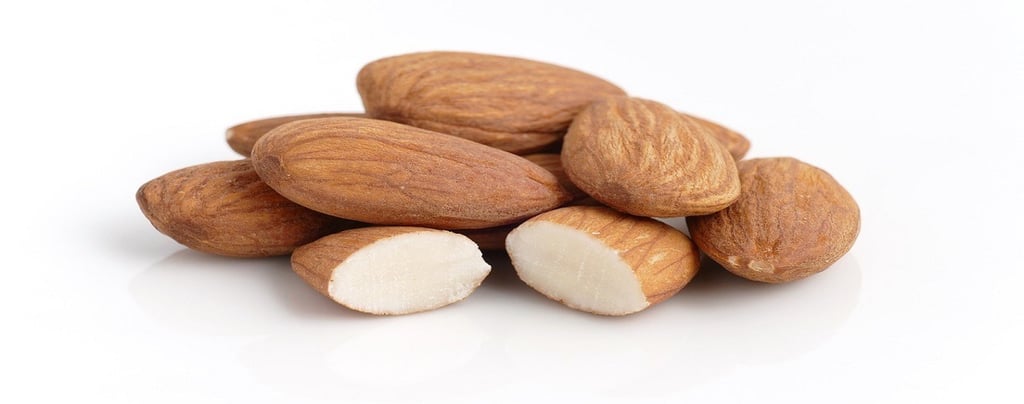

Almonds increase the function of acetylcholine, a neurotransmitter that can benefit learning and memory.
Almonds are rich in antioxidants that neutralize free radicals and protect the brain cells.
Almonds are a rich source of magnesium, which helps maintain proper brain blood flow and improves memory.
21. Flax Seeds
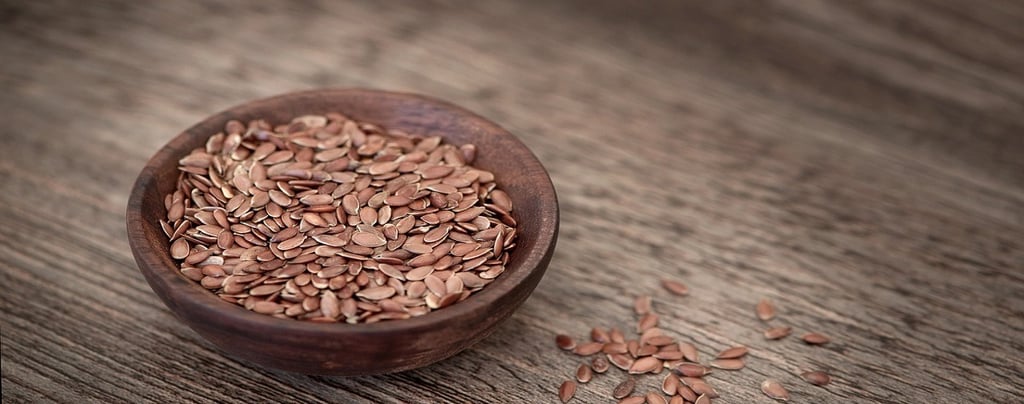

Flax seeds are rich in Alpha linoleic acid (ALA), an omega-3 fatty acid beneficial for brain health.
Flax seeds can improve memory and reduce the risk of depression.
It is better to consume ground flax seeds than whole flax seeds because your intestine finds it difficult to break the hard outer shell of the flax seeds.
